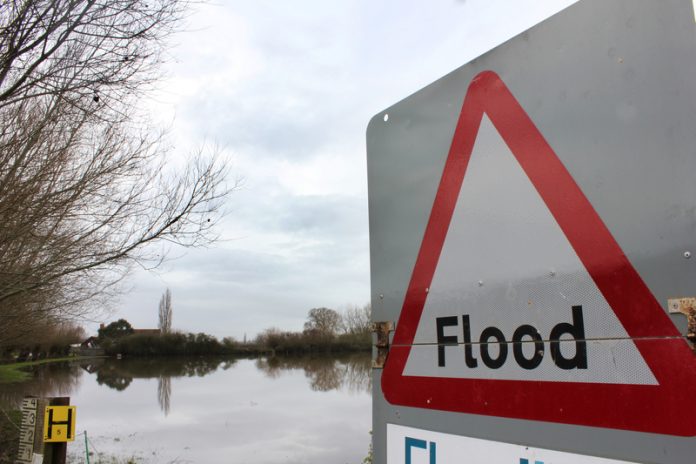Oliver Johnson, Policy Executive at Environmental Industries Commission outlines the challenges caused by flooding and highlights details from the Turning the Tide report…
Previously occasional, major flooding in the UK is an increasingly dependable disaster. Every year, western and northern parts of the country are battered by ‘unprecedented’ rainfall. Meteorologists on the news proclaiming that this kind of event happens only ‘once in a hundred years’ are undermined by the perceived frequency of their protestations. Even London is at risk from events. Reports emerged last month that 57 tube stations are at high risk of flooding and TfL revealing that “only a matter of time” before serious flooding strikes.
The broader processes of urbanisation, changing land use and climate change are driving this shift. The government must understand this longer-term challenge and apply a holistic policy approach to match. Yet the slew of cuts that have befallen relevant government departments as well as local authorities in recent years have made joined up thinking more difficult.
The environmental technology and services association, the Environmental Industries Commission (EIC), has an expert task force with experience in flood mapping, SuDS, Property Level Protection (PLP), public engagement in flooding and other fields. What the group produced was a report offering ten key recommendations to government policy and decision makers that won’t break the bank.
Let’s start with the detail. The report, titled Turning the Tide calls for amendments to Flood Re so that it insures SME businesses as well as homes and rewards individuals making reasonable preparations for floods by reducing their premiums. The report also advocates for the use of longer-term financial incentives, like a reformed Repair and Renew grant, to encourage people to own their own flood risk. Second, we can make buildings more resilient by making flooding a primary concern in the planning process – basements, carpets and electrics at floor level are out and attics and stone floors are in – while also continuing to clarify standards on SuDS. Lastly, we should make Environment Agency flood warning text messages opt-out rather than opt-in and even consider regulation to make a flood app come as standard on new smart phones sold in the UK.
The report does not shy away from more macro, strategic-level initiatives either. It calls for a national, transparent debate on what our flood defence priorities should be. After reports this year that northern areas were receiving far less capital expenditure per capita than fellow citizens in the southeast, we should be clearer about what we want from flood defences – to protect critical infrastructure, economic and population centres, or those who are more vulnerable. Next, we need a flood measurement scale that works and is easily understood by the public. The ‘one in a hundred year’ event does not mean very much when events seem to happen with such regularity – instead we need a Richter Scale-style system to indicate severity. Furthermore, we need to approach data differently, and must work more collegiately to hold national data in one accessible place to improve our ability to map risk and opportunity associated with flooding. Finally, and perhaps most controversially, the report suggests that a restructuring of how the government delivers its flood policies should be considered. A new Water Agency could have overall oversight and management of water and flood issues with the EA remaining responsible of environmental protection.
Of course, EIC is not the only body that has taken on the flood debate. Spurred by the latest bout of flooding this winter, the government has launched several initiatives on flooding, making this a moment to truly seize the flood policy agenda.
Oliver Johnson
Policy Executive
Environmental Industries Commission











